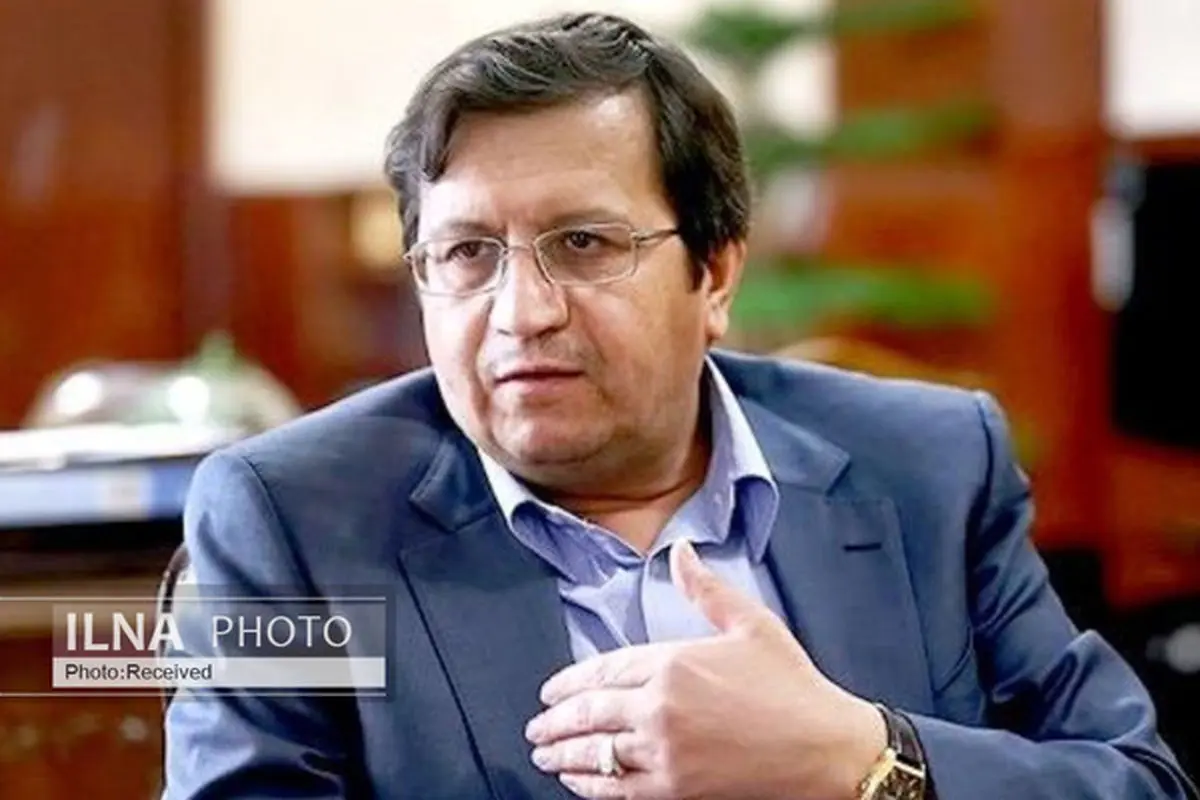Former central banker warns Iran’s new president not to print money

The former governor of the Central Bank of Iran (CBI) Abdolnasser Hemmati has urged Iran's next government against borrowing from the central bank to meet its budgetary needs.
Hemmati wrote on his Telegram channel before the inauguration of Iran's next President Ebrahim Raisi that "printing banknotes as a way of coping with budget deficits continued from March to July 2021 in an alarming way. The main reason for this was that the Rouhani administration continued borrowing from the central bank."
Hemmati urged the new government that the only safe way to cope with this year’s 50% budget deficit, without causing further inflation, is to issue bonds. Annual inflation has reached nearly 50 percent, with food prices increasing as high as 70 percent.
Iran’s Ministry of Economic Affairs and Treasury announced in May that it will issue a new round of government bonds to help finance the country’s strained budget. However, the $700 million of bonds the Rouhani administration said it had sold to investors via the stock exchange was very little compared with billions of dollars in budget deficit.
Andolnaser Hemmati, Chief of Iran Central Bank. May 27, 2021
According to Hemmati with a 100 percent increase in the budget for the current year, the government has three financing choices: Selling bonds, using oil revenues, and borrowing from the central bank. While Iran is facing serious difficulties in selling its oil because of US sanctions and has not issued enough bonds, the only option remained borrowing money from the Central bank.
Hemmati warned that continuing to print a large amount of money will bring irreparable damage to the country's economy.
In February, Hemmati, said at a meeting of economic managers, that the government needs to finance the payment of cash handouts to 60 million people every month and it has to print money.
Hemmati said that he had warned the Rouhani administration in early 2021 about the worrying trend because of extraordinary borrowing while there is no outlook for its repayment.
"An unprecedented rise in expenses was evident in the budget bill while the government knew it could not count of the oil and natural gas revenue in the short run," said Hemmati on Telegram.
He added: "It was quite clear to economists that selling government bonds was the only safe way to finance the budget without adding to the country's growing inflation, but the Rouhani administration did not take the economists' advice seriously."
Meanwhile, Hemmati warned that with the 60 to 100 percent rise in the prices of essential commodities in Iran, the government will need an increasing amount of hard currency it does not have to purchase essential commodities, such as food, raw materials and agricultural needs.
END
